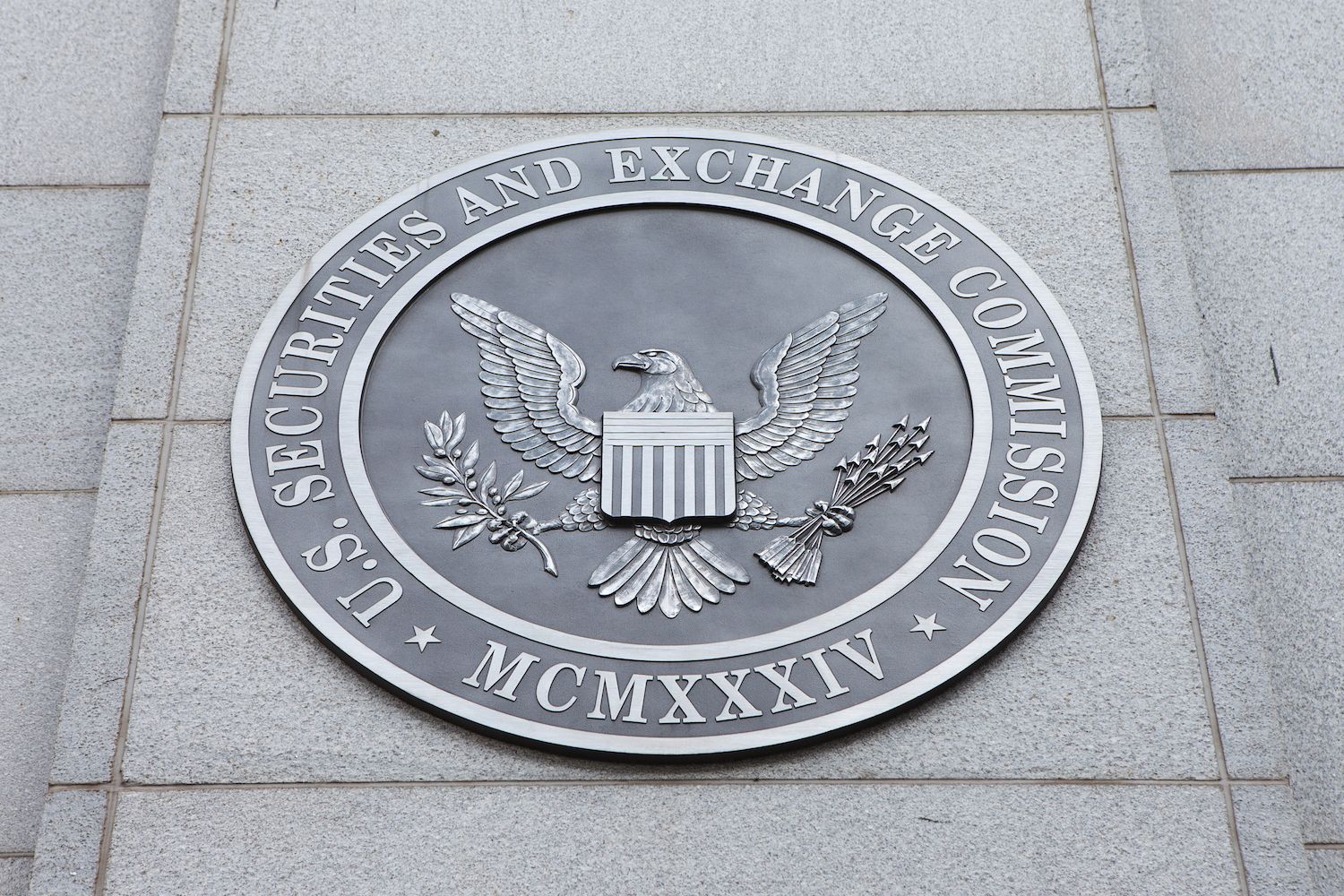
How the SEC’s Regulatory Change Impacted the Crypto World
How the SEC’s Regulatory Change: The cryptocurrency industry, often likened to the Wild West of finance, thrives on innovation and decentralization. However, with innovation comes scrutiny, and regulatory bodies like the U.S. Securities and Exchange Commission (SEC) play a pivotal role in shaping the landscape of this rapidly evolving market. Recent regulatory changes introduced by the SEC have sent ripples across the crypto world, leaving stakeholders to assess the implications Credible Crypto’s Bright Year-End Prediction for Ethereum.
Understanding the SEC’s Role in Crypto Regulation
The SEC is tasked with protecting investors, maintaining fair and efficient markets, and facilitating capital formation. In the context of cryptocurrencies, the SEC has focused on ensuring that tokens and digital assets comply with securities laws. This often involves determining whether a cryptocurrency qualifies as a security under the Howey Test, a legal framework used to assess investment contracts.
The Regulatory Change: What Happened?
The SEC’s recent regulatory change centers on tightening oversight of cryptocurrency exchanges and initial coin offerings (ICOs). Key highlights include:
- Enhanced Reporting Requirements: Exchanges must provide detailed disclosures about listed tokens, their underlying technology, and associated risks.
- Stricter Classification Standards: A broader range of digital assets may now fall under the definition of securities, increasing compliance obligations for issuers.
- Focus on Investor Protection: Measures to combat fraud and market manipulation have been prioritized, with stricter penalties for non-compliance.
Immediate Reactions from the Crypto Community
 The crypto world reacted swiftly to the SEC’s announcements. While some welcomed the changes as a step toward legitimizing the industry, others expressed concerns about stifling innovation. Key reactions include:
The crypto world reacted swiftly to the SEC’s announcements. While some welcomed the changes as a step toward legitimizing the industry, others expressed concerns about stifling innovation. Key reactions include:
- Exchanges Scaling Up Compliance Efforts: Major platforms like Coinbase and Binance have ramped up their legal and compliance teams to navigate the new rules.
- Market Volatility: Prices of several tokens dropped as uncertainty loomed over their regulatory status.
- Startups Adapting Strategies: Blockchain startups are reevaluating their tokenomics and funding models to ensure compliance.
Long-Term Implications for the Crypto Ecosystem
The SEC’s regulatory changes are likely to have both positive and negative effects on the cryptocurrency industry. Here are some potential outcomes:
- Increased Institutional Adoption: Clearer regulations could attract institutional investors who were previously hesitant due to legal uncertainties.
- Shift Toward Decentralized Finance (DeFi): As centralized platforms face stricter scrutiny, decentralized alternatives may gain popularity.
- Innovation vs. Regulation Tug-of-War: While regulations aim to protect investors, excessive control could hinder the development of groundbreaking technologies.
What Does This Mean for Investors?
For individual investors, the SEC’s changes underscore the importance of due diligence. Understanding the regulatory status of a cryptocurrency before investing is now more crucial than ever. Investors should:
- Stay Informed: Keep up with SEC announcements and industry news.
- Diversify Portfolios: Avoid overexposure to assets facing regulatory uncertainty.
- Use Reputable Platforms: Choose exchanges and wallets that prioritize compliance and security.
Conclusion
The SEC’s regulatory changes mark a significant chapter in the cryptocurrency industry’s journey toward maturity. While the immediate impact may feel disruptive, these measures could ultimately foster a more transparent and secure ecosystem. For the crypto world, the challenge lies in striking a balance between innovation and regulation, ensuring that the sector remains a dynamic force in the global financial landscape.
[sp_easyaccordion id=”5875″]







